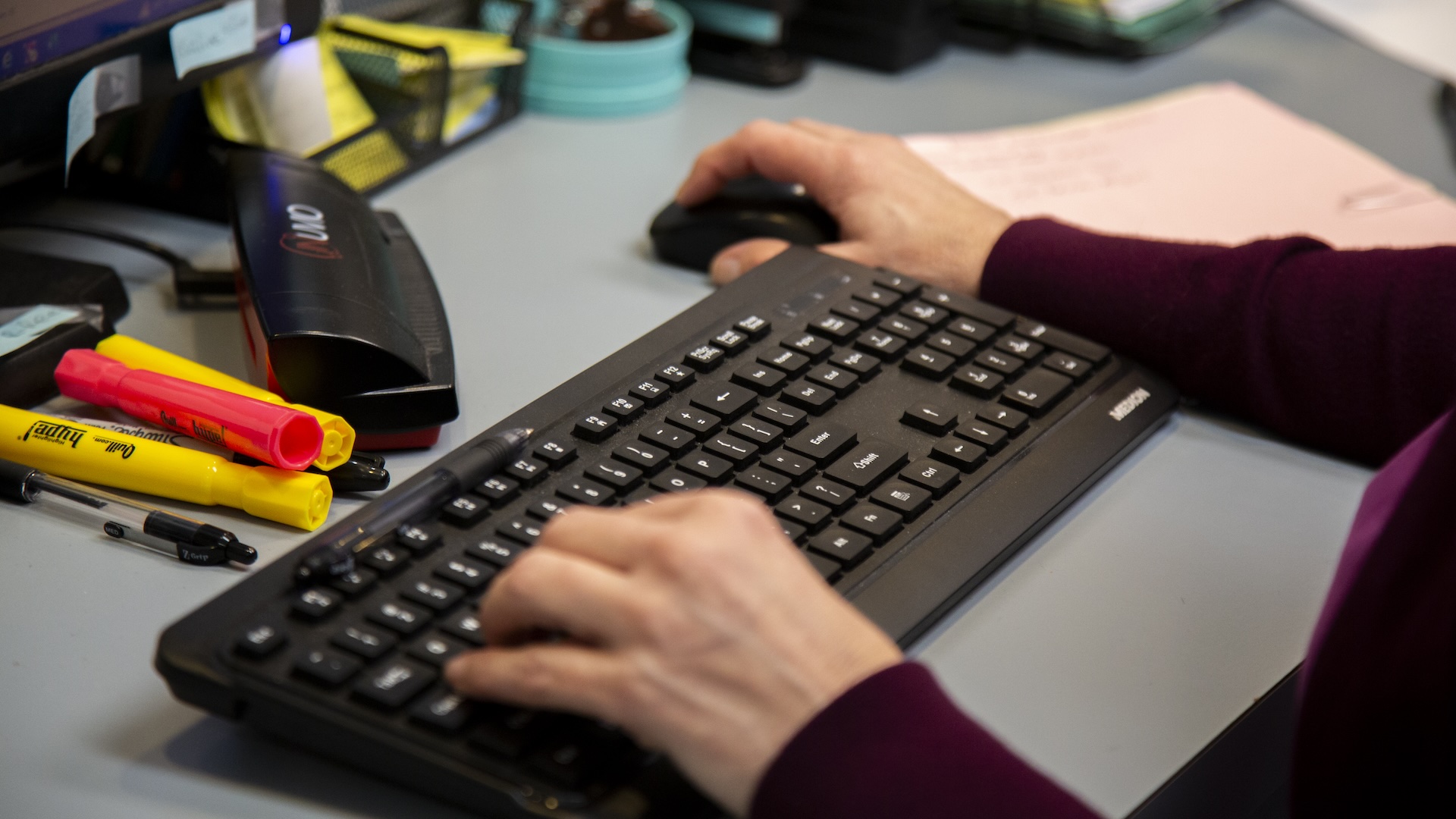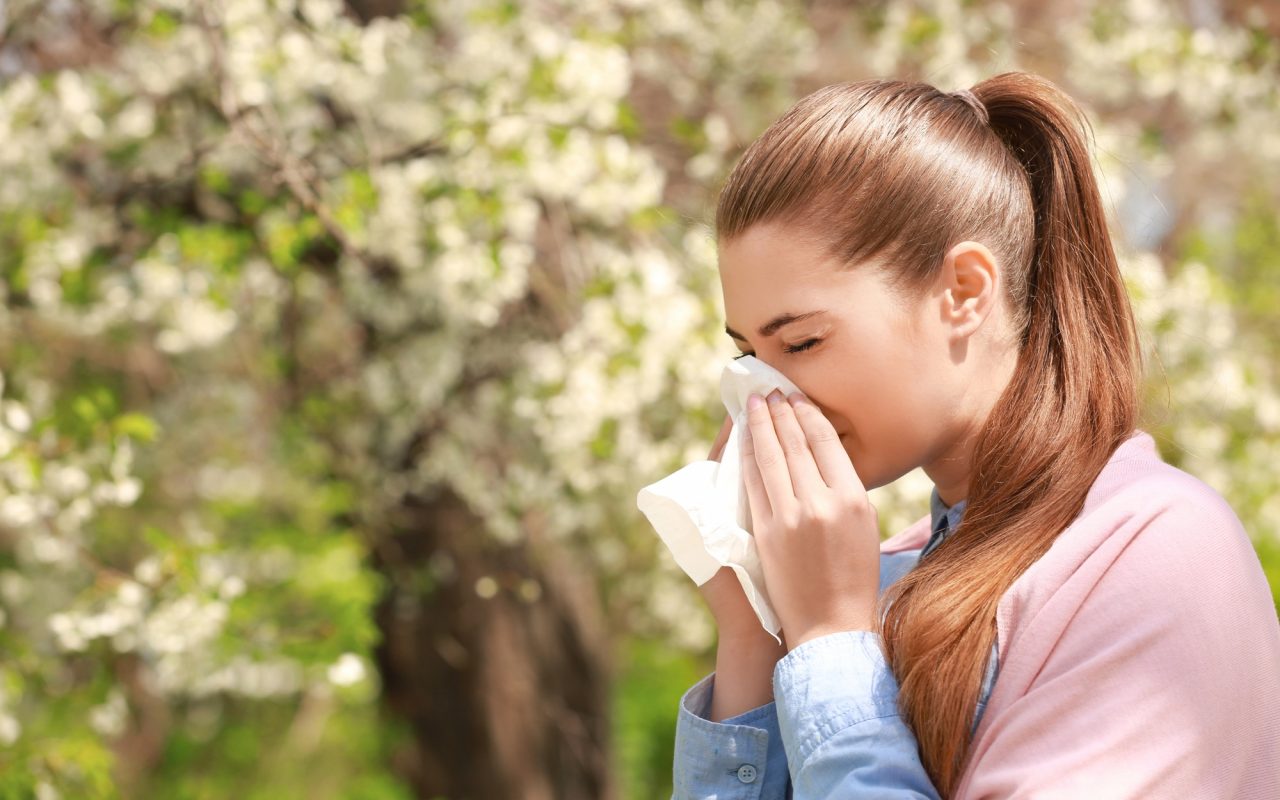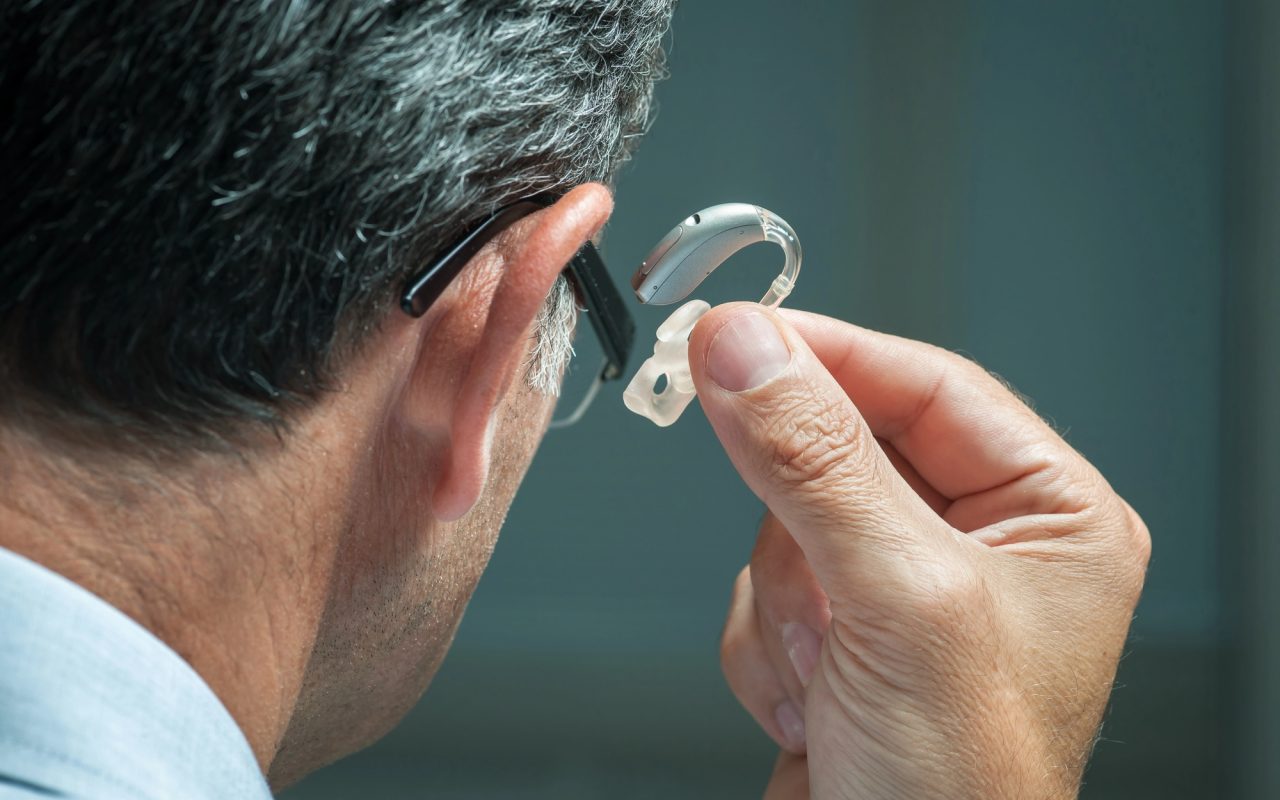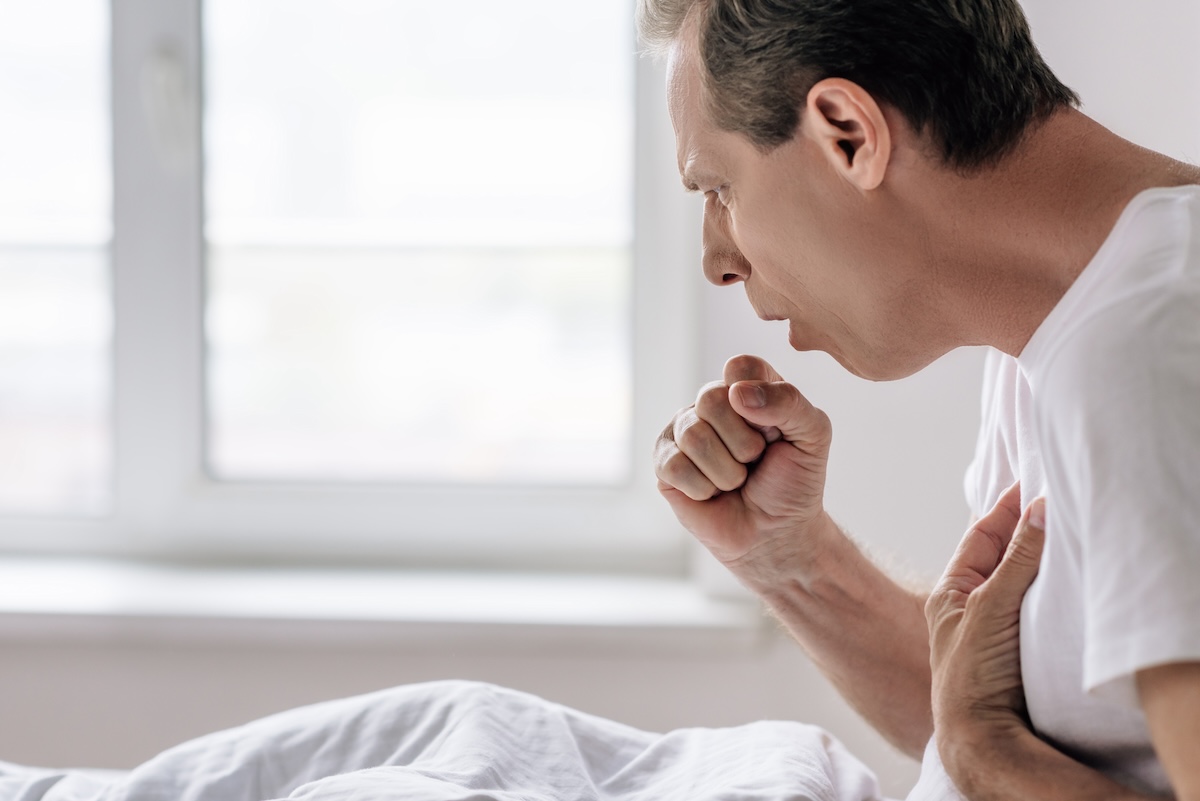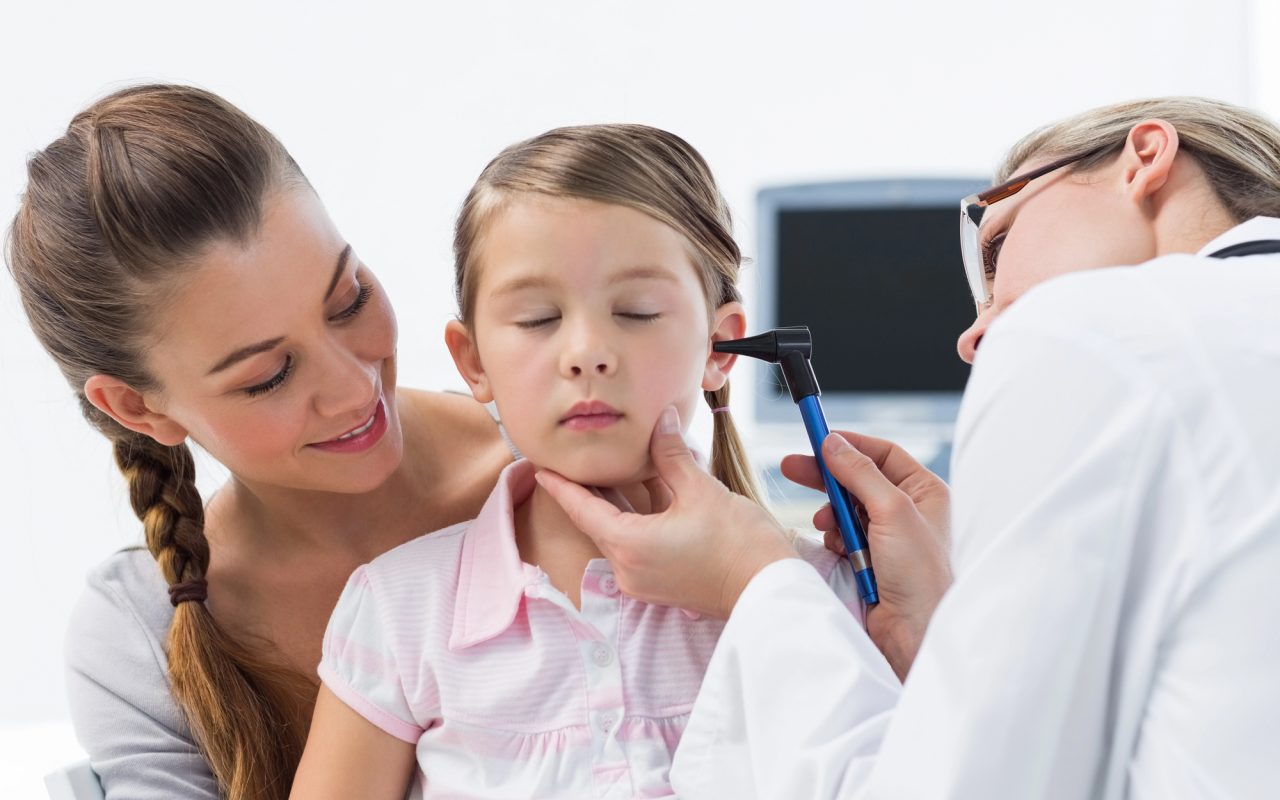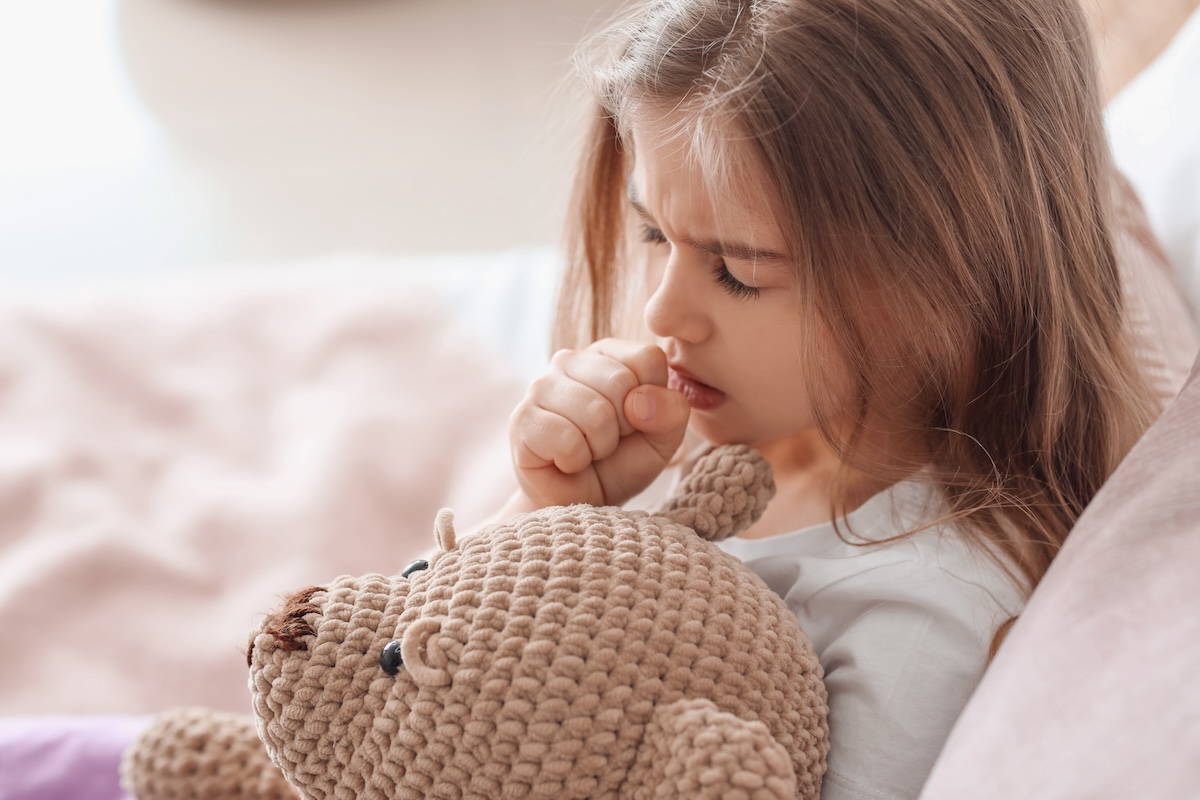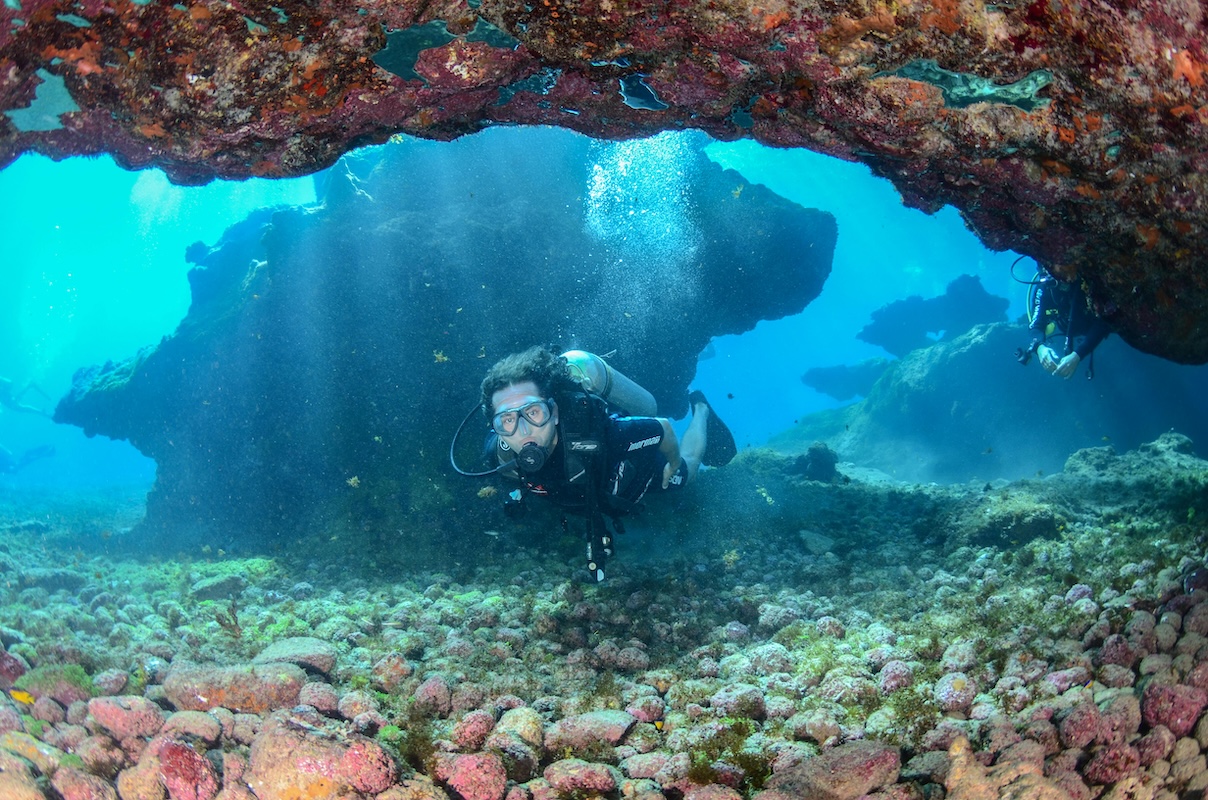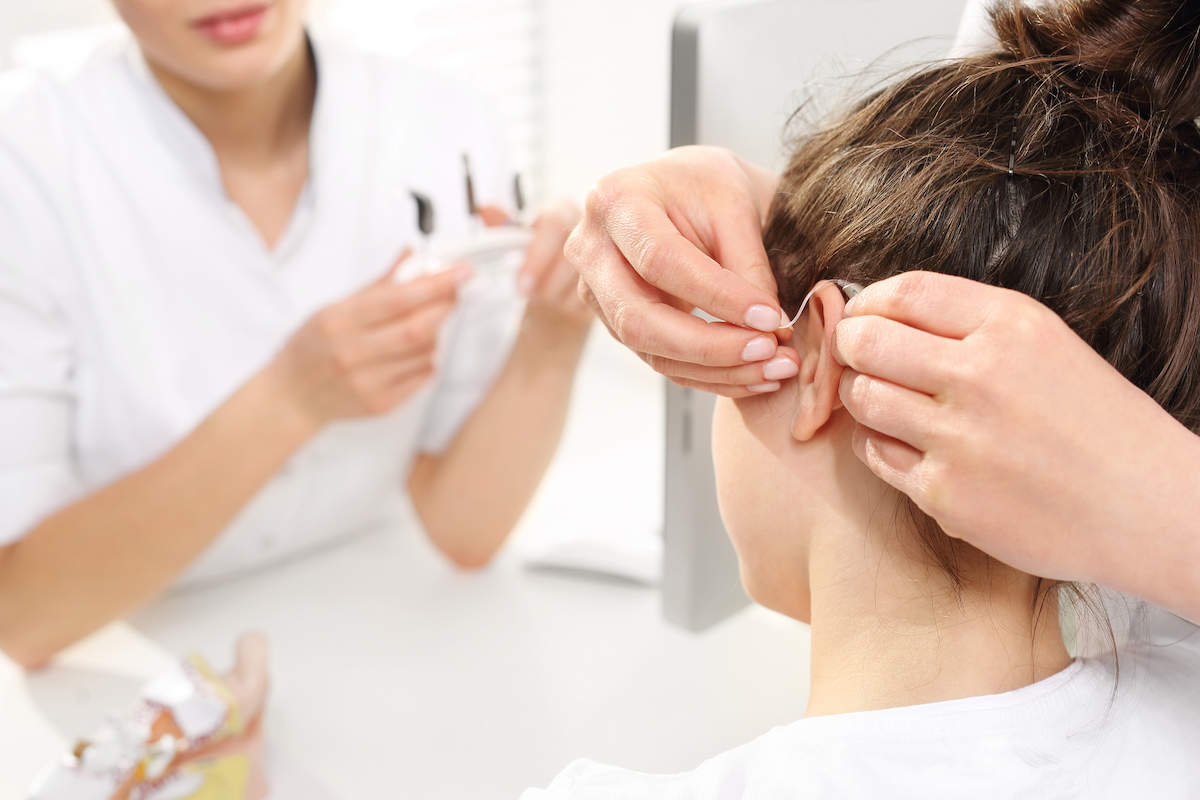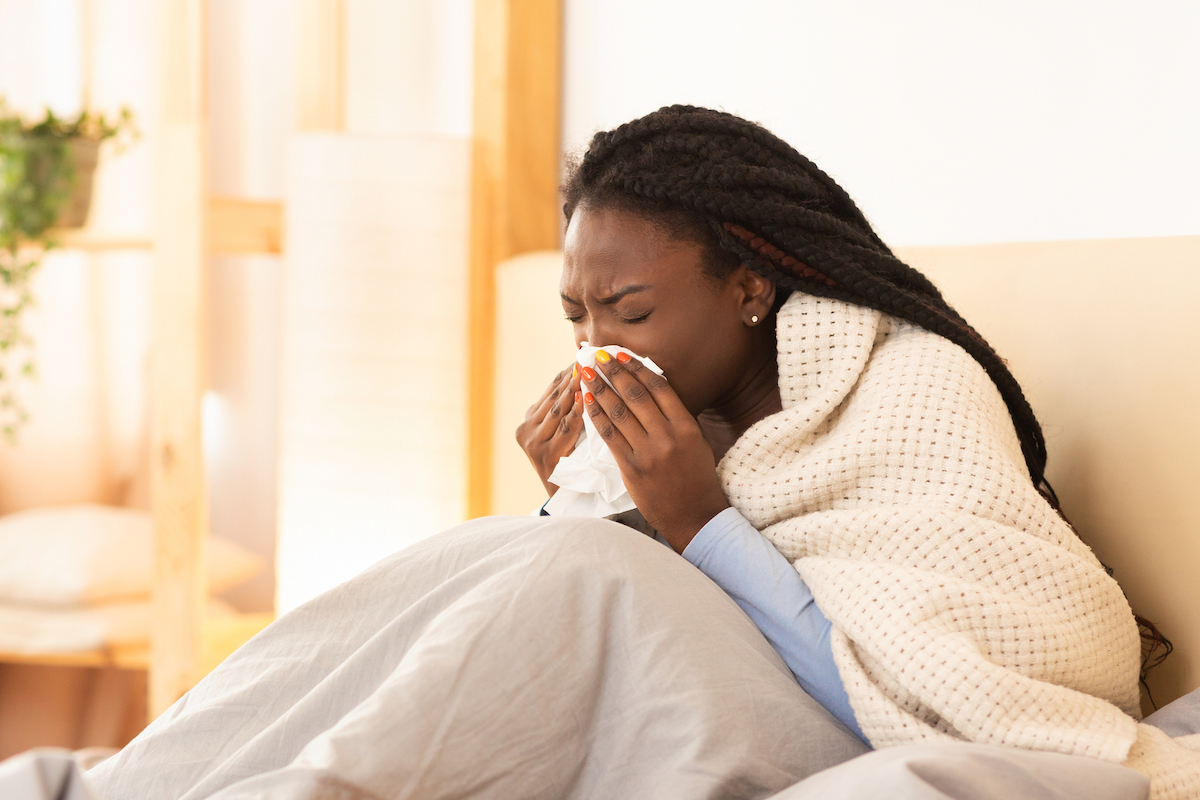How to Get Rid of Seasonal Allergies: Your Guide to Long-Term Relief in Memphis
If you find yourself reaching for tissues, eye drops, and antihistamines each spring or fall, you’re not alone. Millions of Americans experience the frustrating symptoms of seasonal allergies. But there’s good news: effective, long-term solutions exist. At ENT Memphis, Dr. Rande Lazar and his expert team provide personalized care to help you understand how to get rid of seasonal allergies for good.
Whether you’re suffering from sneezing fits or nasal congestion, this comprehensive guide covers everything you need to know about seasonal allergy treatment in Memphis.
Continue reading How to Get Rid of Seasonal Allergies: Your Guide to Long-Term Relief in Memphis

